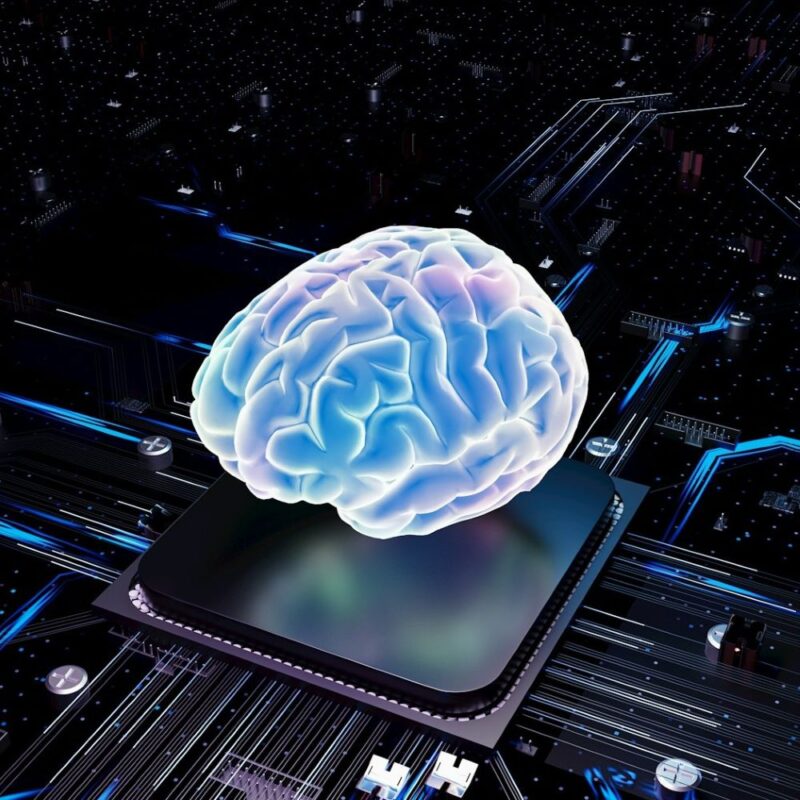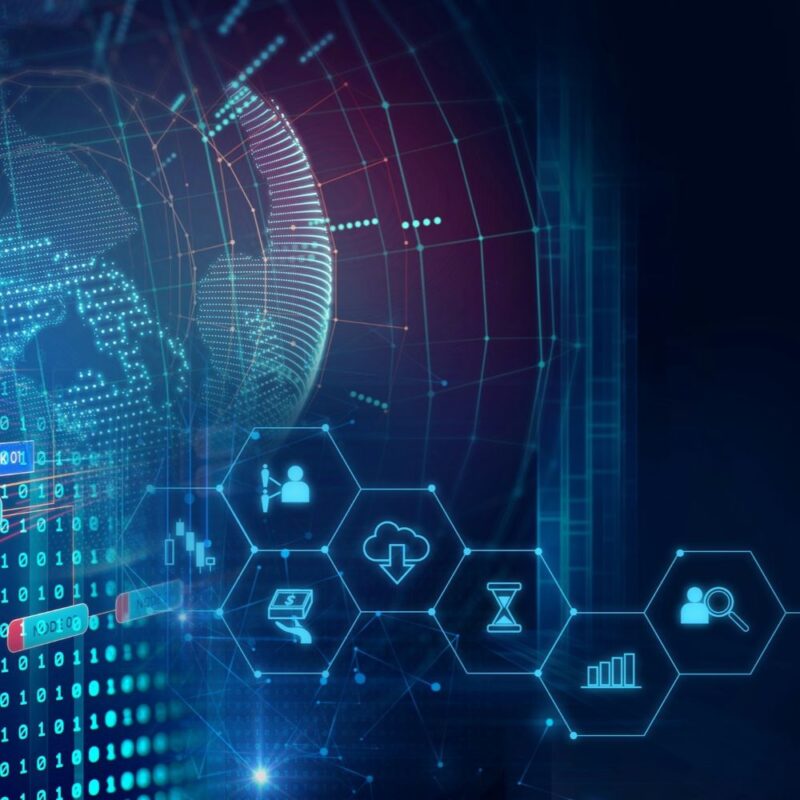Benefits of Agentic AI Services
Organizations adopting agentic AI solutions and services experience game-changing advantages.
Components of Agentic AI Services
Agentic AI functions through a set of essential components that enable autonomy.
Gathers and interprets information from multiple sources.
Develop optimal strategies based on contextual analysis.
Implements tasks while interacting with systems and users.
Evaluates performance, refines processes, and adapts dynamically.
Gathers and interprets information from multiple sources.
Develop optimal strategies based on contextual analysis.
Implements tasks while interacting with systems and users.
Evaluates performance, refines processes, and adapts dynamically.
How Agentic AI Works
1. Goal Identification
AI agents are assigned tasks, such as optimizing workflows or resolving customer queries.

2. Context Awareness
Collects and analyzes relevant data to understand the situation.

3. Strategic Planning
Based on insights, the AI develops an optimal execution plan.
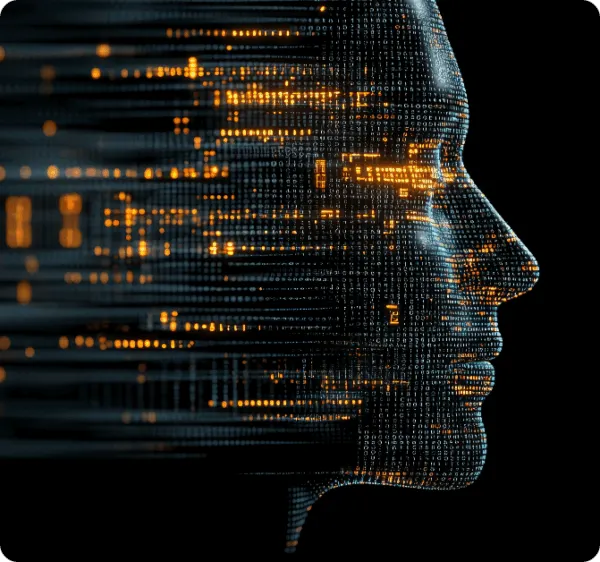
4. Action Execution
The agent performs tasks while adjusting to changes in real time.
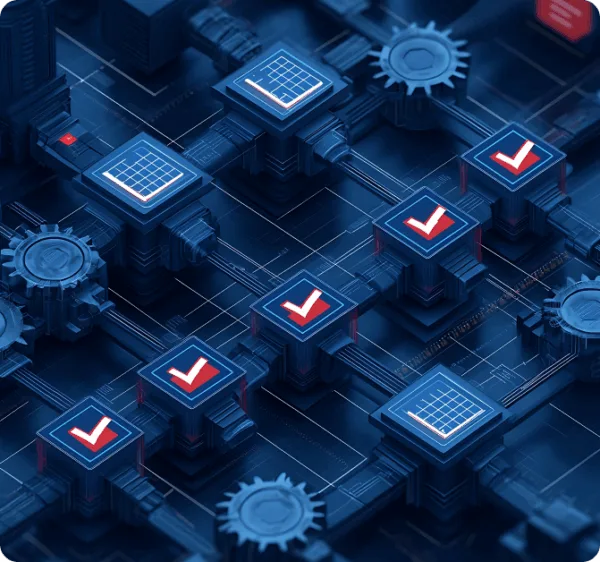
5. Learning & Improvement
It refines its approach through feedback and data-driven insights.
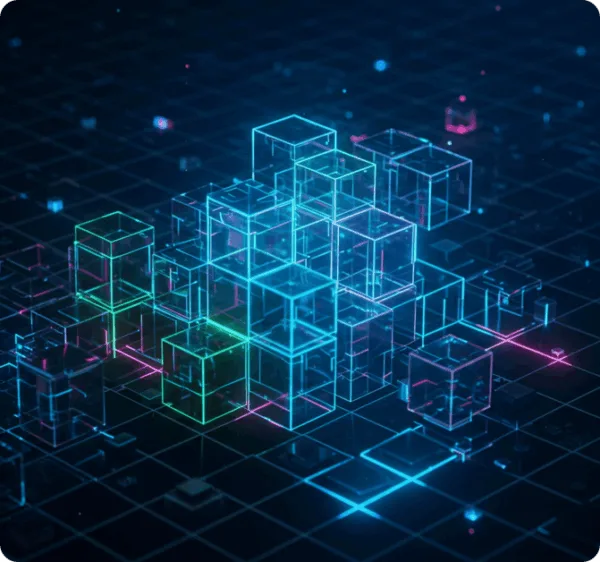
This adaptive cycle ensures that agentic AI solutions continuously enhance performance, making them invaluable for enterprises aiming to scale automation.
Agentic AI FAQs
Think of Generative AI as a creator; it responds to prompts. “Agentic AI” is an autonomous doer. It’s a system that can understand a complex goal, create a multi-step plan, and execute it using various tools. While standard automation follows pre-programmed rules and Gen AI generates content, an Agentic AI system can proactively self-correct, access data, and interact with other systems to achieve an objective like optimizing logistics or managing financial portfolios.
SG Analytics guides organizations through the complete agentic AI journey. Our AI Studio begins with design workshops to identify transformative use cases. We then architect and develop robust agentic systems that integrate seamlessly with your existing analytics and business platforms. This includes building autonomous agents that can plan, execute, and self-correct complex workflows. We ensure scalable deployment through secure infrastructure, governance frameworks, and MLOps for continuous monitoring and optimization
Agentic AI offers transformative benefits for these key industries. In “BFSI”, agents can automate complex “risk assessment” and “client onboarding”. For “TMT” (Telecom, Media & Technology), they can optimize network operations and automate personalized content delivery. In “Capital Markets Research”, agents can execute autonomous analysis and trade strategies. For AEC, they can automate project management and design simulation tasks.
Enterprises can expect exponential business outcomes. Unlike tools that just save time, Agentic AI delivers massive “productivity gains” by automating entire complex workflows, acting as autonomous team members. This leads to significant “cost savings” in operations, support, and analysis. The key “ROI” comes from speed and scale; agents can execute strategies, “analyze data independently” , or optimize supply chains 24/7, enabling organizations to “drive smarter operations” at a pace previously impossible.




